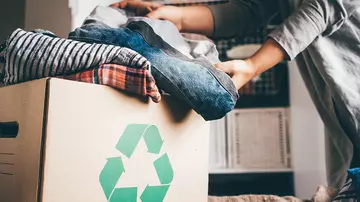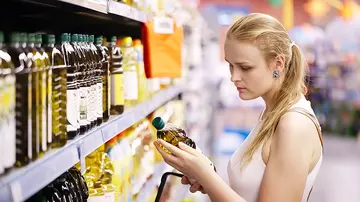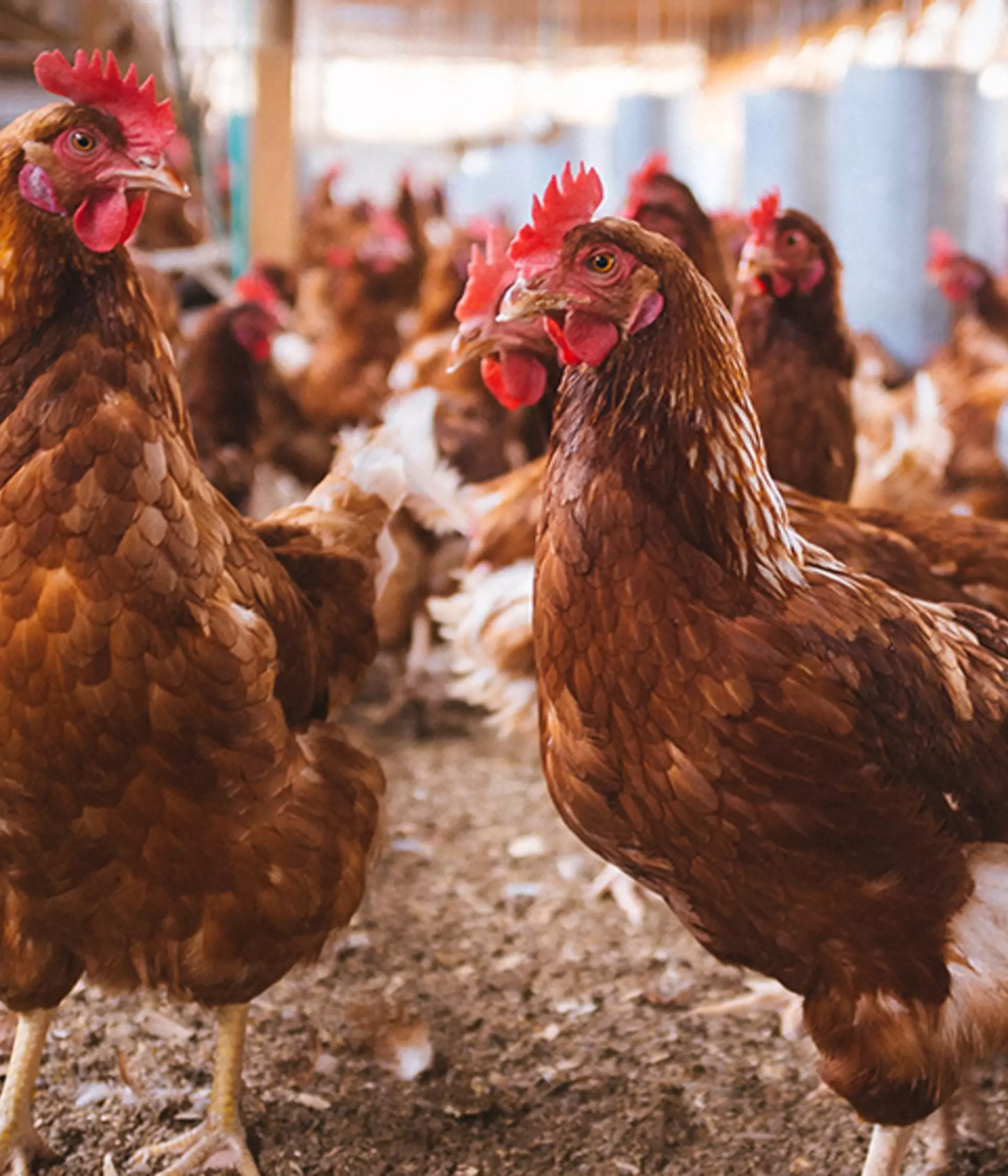
Deforestation – the clearing or destruction of forest trees - is a major threat to the habitats of animals such as colobus monkeys and Sumatran tigers.
It has a devastating impact, not only on individual species, but entire ecosystems.
We can all help prevent deforestation, protect wildlife and our environment with these simple ways to be more sustainable.
1. Embrace #MeatFreeMonday
A steak or chicken dinner may hit the spot when hunger strikes but it’s not so good for the environment.
Farming animals contributes to climate change – around a sixth of the world’s greenhouse gas emissions are generated by farming. And, with almost 80% of agricultural land taken up by farming animals, it also drives deforestation.
If you swap out a meaty meal or snack for a plant-based option just once a week, you can make a positive impact.
2. Swap out single-use plastic for refillable bottles
A healthy ocean is essential for all life on Earth. Not only does it protect us from the worst impacts of climate change, it also provides half the oxygen we breathe and is home to a world of biodiversity.
But the health of our ocean is under threat from plastic pollution and single-use plastic bottles are a major contributor.
You can help reduce plastic pollution by switching out your single-use bottles for a reusable, refillable one. Check out our range of reusable bottles in the Zoo shop.
Worried about where to top up your drink? As part of the #OneLess campaign, we've helped install water refill points across London - you can find two refill machines at London Zoo.

3. Repair, reuse or recycle
With a brand-new outfit just a few clicks online away, it can be easy to throw away old clothes without a second thought.
But before you ditch them, ask yourself if they could be given a new lease of life with a repair. Or if they could go to a new home via a charity shop or second-hand store.
Fast fashion has many negative impacts on the environment so when you repair, reuse or recycle your clothes you really make a difference.
Of course, it’s not just clothes we can recycle - plastic, cardboard, glass and much more are now widely recycled with home waste collections.
If you do find yourself with a few extra plastic bottles or drinks cans, soon, you'll be able to recycle them at the Zoo. When our recycling machine is up and running, you'll be able to put in your empty cans and bottles and receive a voucher for a Zoo shop discount.
4. Check your product labels
Palm oil can be found in 50% of packaged supermarket products. It’s used in food, cosmetics, cleaning products and other household goods.
Current palm oil industry practices have led to the destruction of rainforests and threaten the lives and homes of animals such as tigers and orangutans.
You can help protect animals and rainforests by purchasing products with the RSPO (Roundtable on Sustainable Palm Oil) logo. This label means a product contains a minimum of 95% certified sustainable palm oil.

5. Look for the FSC mark when you shop
Forest-based materials such as wood, rubber, textiles and cork are used to create a huge range of everyday products - loo roll, furniture, yoga mats and nappies to name just a few.
The FSC (Forest Stewardship Council) supports the careful management of the world’s forests to help protect nature and biodiversity.
They certify products that are made with responsibly sourced forest materials, so keep an eye out for FSC labels when you shop.
We can all play a part and help protect animals, our forests and oceans by making more sustainable choices. Small changes really make a difference. Remember, when you buy a Zoo ticket, you’re contributing to our conservation work across the globe.
DONATE TO ZSL TO SUPPORT OUR CONSERVATION PROJECTS AROUND THE WORLD
